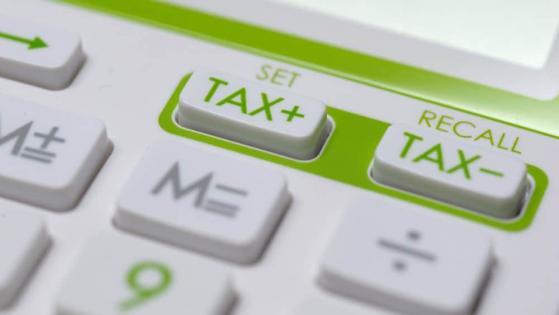Earning credit card points, miles, or cash back on rewards and cash-back cards is one of the easiest ways to put a little extra money back in your budget. In fact, with the sign-up bonuses and high earn rates on the best Canadian credit cards, it’s not rare for the average Canadian to bring in $500 to $1,000 in rewards in a single year.
But if you’re earning that much, you might wonder if the CRA considers that money taxable income. After all, they consider tips, gift cards for services performed, and ride shares as taxable income. Why not credit card rewards?
As it turns out, they are taxable — for a small portion of Canadians. Let’s take a look at when credit card rewards are considered taxable and when they’re not.
When are credit card rewards not taxable income? Fortunately, the majority of Canadian consumers don’t have to pay taxes on their credit card rewards. As long as you’re earning points, miles, or cash back for personal purchases (i.e., not for business purchases), the CRA will look at them as discounts and coupons, not income. Much like you don’t report savings from grocery coupons, you won’t report your credit card rewards on your tax filing.
When are credit card rewards considered taxable income? Things become a bit tricky when you earn points, miles, or cash back for business or work-related purchases. If you redeem them for cash, you might have to pay taxes.
For example, let’s say your company sends you to Toronto for a work-related conference. You use your credit card to buy a plane ticket, earning 400 miles in the process. Your company is going to reimburse the cost of the flight, which means you just earned 400 miles basically for nothing.
If you keep those miles as miles — that is, if you redeem them for flights or travel purchases in the future — the CRA won’t consider them taxable income. But if you redeem those 400 miles for cash, then you’d have to pay taxes on them. On your tax filing, you would declare the cash value of the miles, adding them to your taxable income.
To be clear, if you keep your points in your original form, you don’t have to pay taxes on them. It’s only when you convert points or miles from work-related expenses into cash that you have to pay taxes on them.
There’s one last instance that might trigger a tax event. Let’s go back to our example: you’re going to Toronto for a work-related conference. Let’s say you’ve been crushing it at work, and your employer wants to give you extra compensation. They tell you that you can use your rewards credit card to buy every employee’s plane ticket to the conference (let’s say there are 10). If you buy 10 plane tickets, you could earn 4,000 miles, which seems like a pretty good deal to you.
In that event, the CRA would consider the extra miles as taxable income, no matter if you convert them to cash or miles. Your employer would have to report their fair market value of the rewards on box 14 of your T4 slip. When you file your taxes, you would include this fair market value in your taxable income.
This is also true if your employer gives your miles, points, or cash back as an annual bonus. If they’re gifted to you, then you have to report them as taxable income.
Do you have to report your credit card rewards? Unless you earn points for work-related expenditures, and unless you redeem those points for cash, your credit card rewards are not considered taxable income. If you’re unsure, you can talk to your tax advisor about whether or not you should report your rewards.
The post Are Credit Card Rewards Taxable? appeared first on The Motley Fool Canada.
